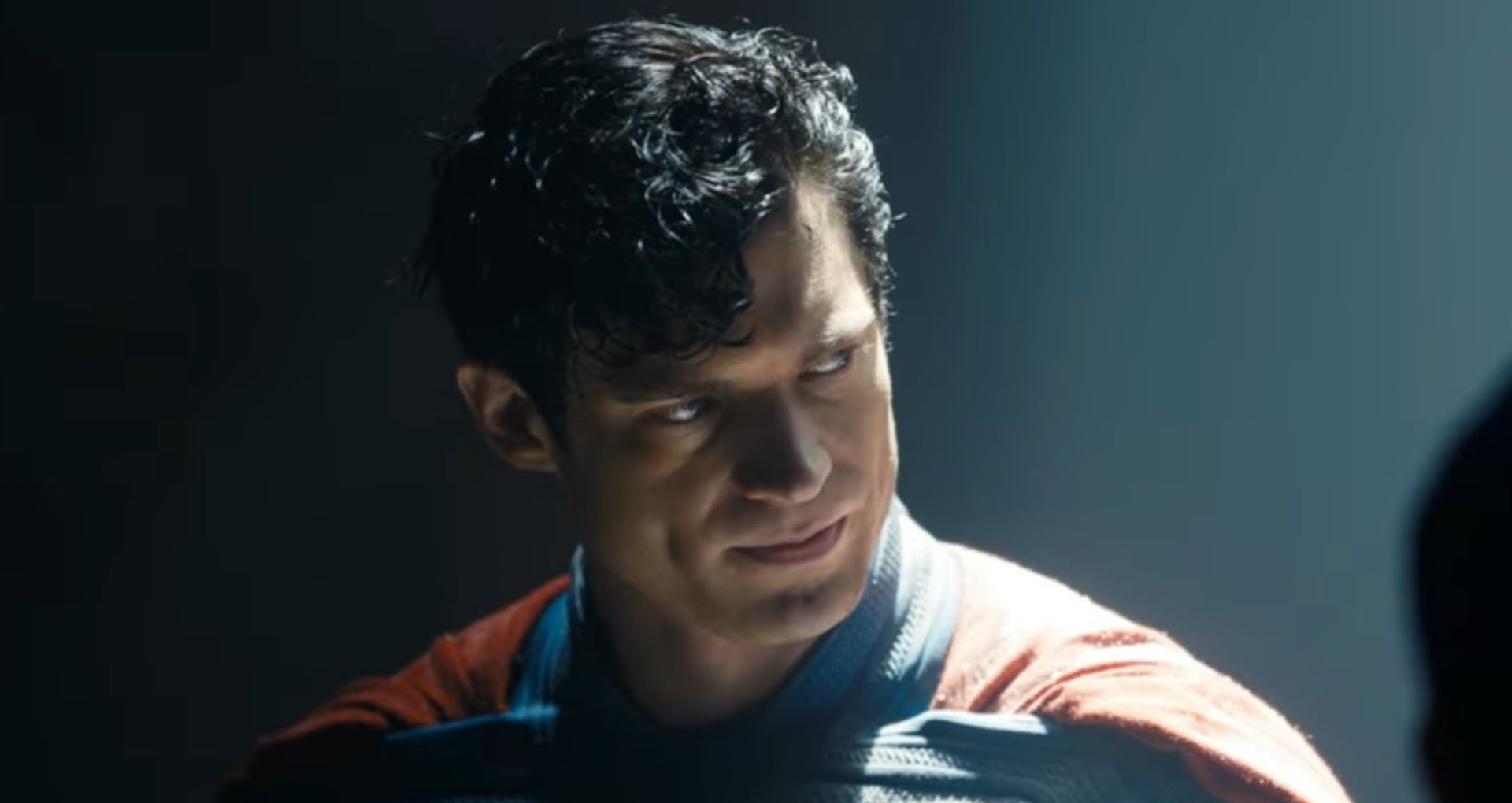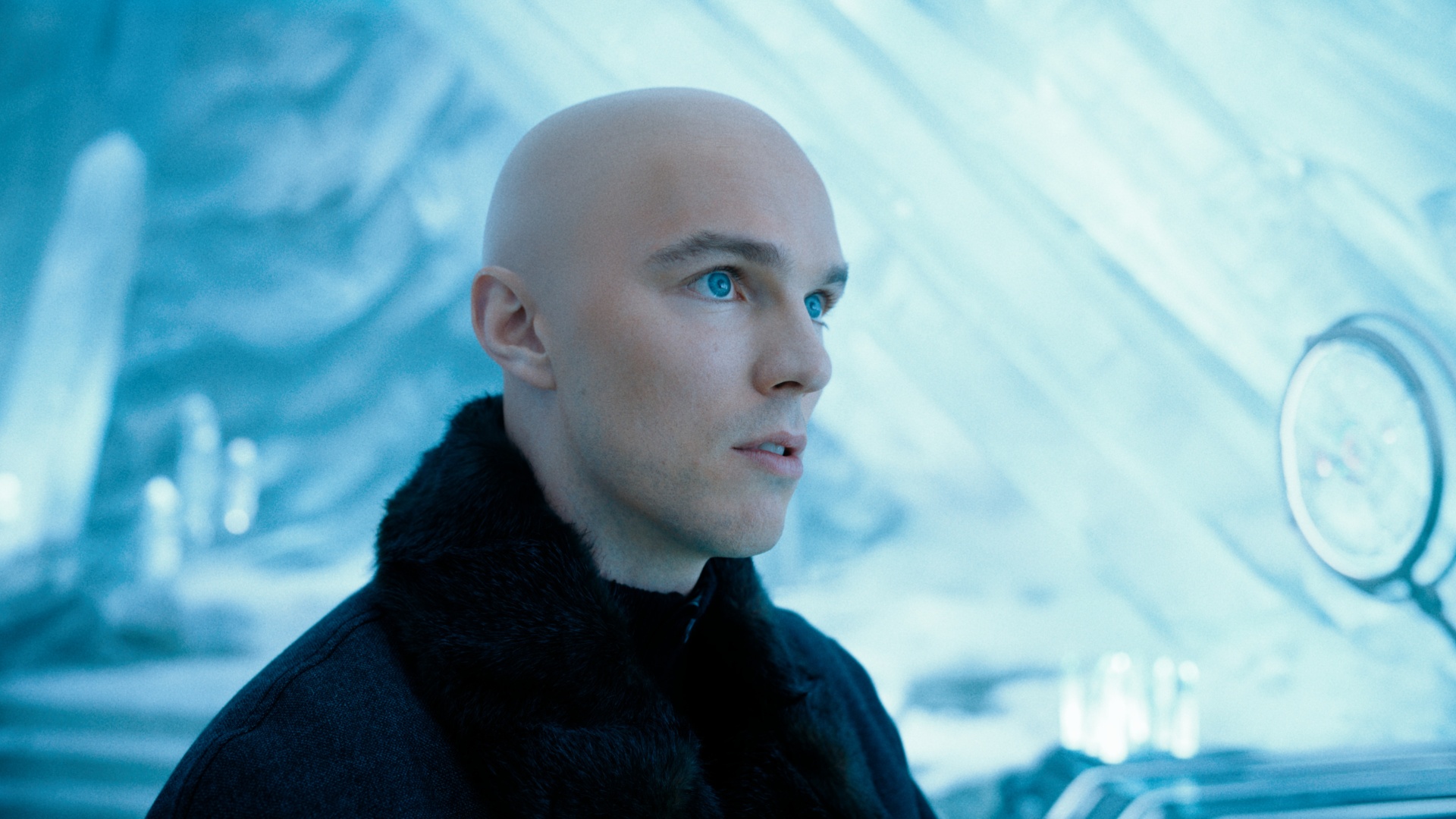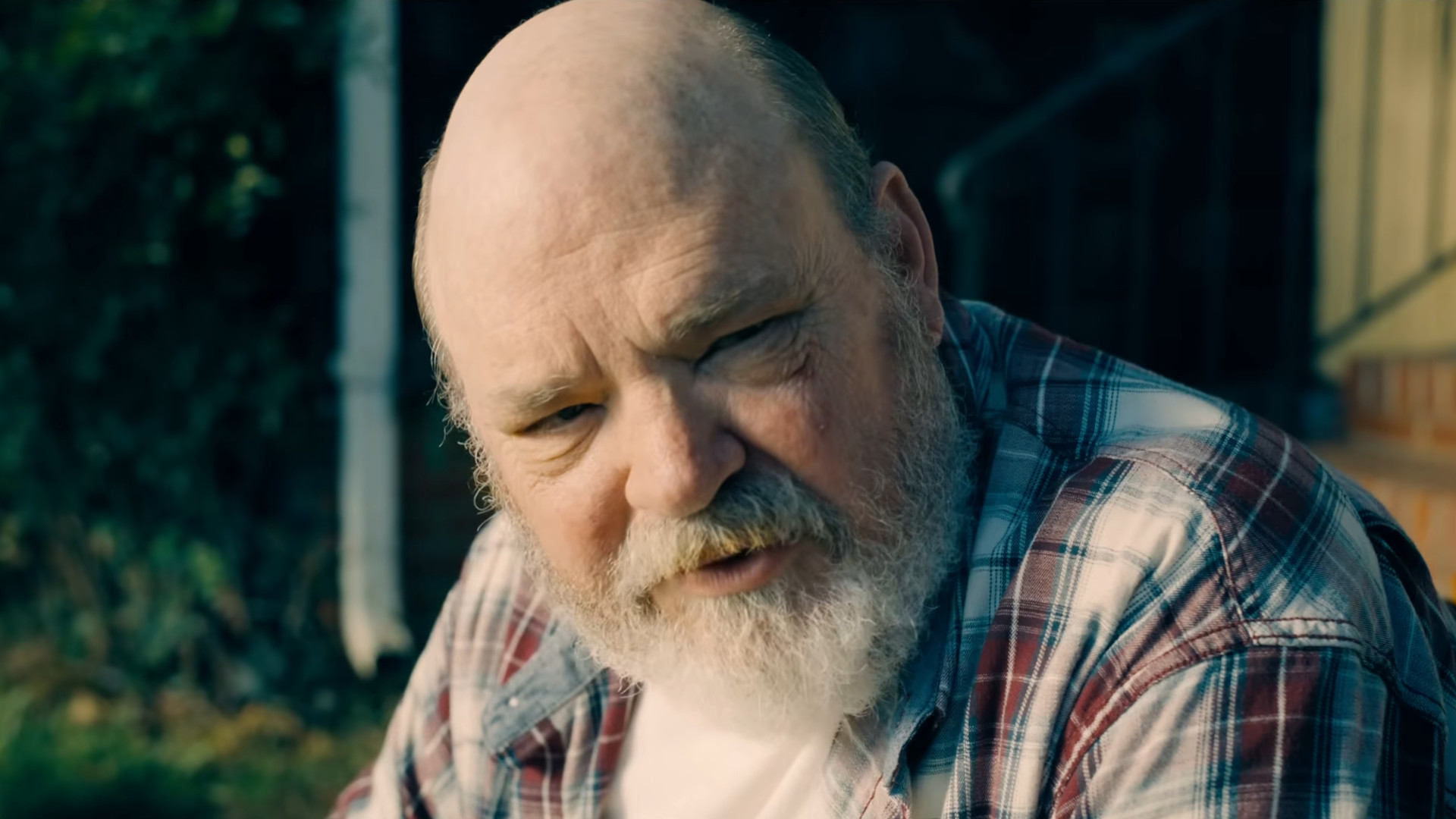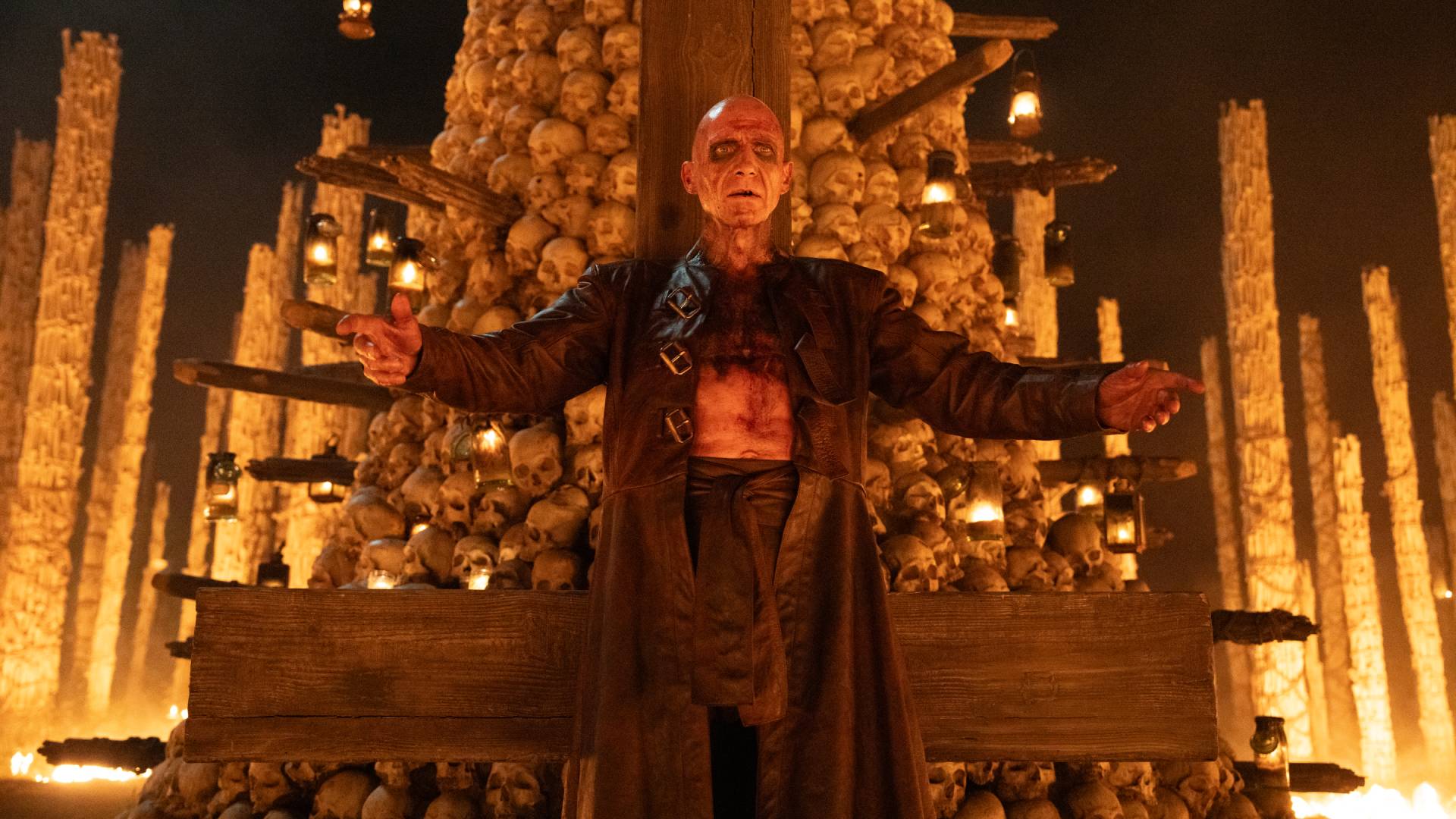Superman’s surprise message from Krypton twist changes everything we know about Kal-El’s origins in the DCU
OPINION | James Gunn may be taking things back to the comics, but Superman already proves the DCU isn’t afraid to make big departures

Skipping past Kal-El’s famous origin story, James Gunn’s Superman rightfully assumes that we’re familiar with Clark Kent’s background, superpowers, career and love life. Likewise, most viewers will arrive with some preconceived notions about the contrast between his adoptive parents and his Kryptonian birth family.
Played by a pair of lesser-known actors (Pruitt Taylor Vince and Neva Howell), the latest Jonathan and Martha Kent are a lovable caricature of retirement-age Midwestern normality. Lara and Jor-El (Bradley Cooper and Angela Sarafyan), meanwhile, are aloof and mysterious, depicted exclusively through the holographic message they recorded for baby Kal-El when they sent him to live on Earth.
Introducing a solemn, graceful couple speaking in the Kryptonian language, this recording delivers the typical expository spiel about the demise of Krypton, and gives Clark some vague advice about using his powers for good. Damaged in transit, the message also cuts out before the end. Genre-savvy viewers will likely recognize this as an obvious Chekhov’s Gun - and indeed, the lost section of that message becomes very relevant later on.
Smoking Gunn

As you'd expect, Nicholas Hoult’s Lex Luthor is pathologically obsessed with Superman. During the film's opening scenes, we learn that he has already dedicated vast resources to ruining the hero’s reputation. And when he figures out how to break into the Fortress of Solitude, he discovers a jackpot in the form of Lara and Jor-El’s hologram. Sending the file to a team of forensic translators, he’s able to decode the corrupted part of their message – and it goes against everything Clark holds dear, providing perfect ammunition to destroy his heroic image.
Instead of continuing the blandly supportive guidance we all expect, the last part of Lara and Jor-El’s message reveals them to be snobbish warmongers, sending their beloved Kal-El to Earth on a mission of conquest. Perceiving humankind as a troubled race of lesser beings, they wanted their son to rule the planet as a kind of benevolent dictator.
When Luthor leaks this translation, the general public predictably turns against Superman, encouraged by lurid rumors about him keeping a "secret harem" of human women. It’s a fantasy that conveniently plays into Luthor’s personal fears and frailties, and it understandably sends Clark into a tailspin. Returning to his childhood home in Kansas, he has a heart-to-heart with his father, Jonathan, questioning his purpose as Superman.

Characterized here as a quietly sensitive man, Jonathan soon sets Clark straight. Parenthood, Jonathan explains, is all about giving your children the tools to make their own mistakes and forge their own identity. And if Clark assumed that his biological parents meant him to become a selfless hero, that assumption says more about Clark’s values than it does about Kara and Jor-El.
Across all the different interpretations of Superman, the franchise always agrees that personality-wise, he’s a Kansas farmboy at heart, even as he struggles with identity issues as the lone survivor of an alien race. Disconnected from his birth culture, Clark yearns to connect with the legacy of his original planet. He also has to disguise his parentage and background from everyone in his daily life; one of many details that play into the subtext of Superman as an undocumented immigrant and adoptee.
Superman’s Kryptonian twist relies on shock value, so much so that you may spend part of the movie wondering if Lex Luthor’s translation is secretly a deepfake. However, the film ends without any backtracking, and in doing so, it cements itself as a refreshing subversion of Clark’s origin story.
The advice is right

When Jonathan points out that Superman’s ethos says more about Clark than it does about Lara and Jor-El, he’s right. At the same time, it also says a lot about the Kents’ parenting.
Overlapping with earlier adaptations, Ma and Pa Kent’s straightforward moral values and homespun wisdom shaped Clark into the kindhearted, somewhat naive hero we meet in this film. More notably, this version of Jonathan Kent seems more open-minded and emotionally engaged than our stereotypical expectations for an aging Kansas farmer. Instead of just giving Clark some generic advice about being a good man, Jonathan’s big scene specifically homes in on the idea of supporting your child’s life choices and giving them the freedom to grow; an outlook with obvious political subtext. Unlike the Pa Kent we met in Man of Steel, he doesn’t try to give Clark orders, restrict his lifestyle, or hide his powers from the rest of the world. He'd also never dream of telling Clark to “save” humankind by becoming some kind of superpowered overlord.
James Gunn isn’t exactly a subtle storyteller, and that father-son scene explains very directly why Martha and Jonathan are such good parents. Teaching by example, they’ve given Clark the tools to make good choices – and while it’s heartbreaking to discover that his biological parents had different plans, Clark has no desire to fulfill Lara and Jor-El’s tyrannical mission.
Once the final battle with Lex is over, we return to the Fortress of Solitude for a heartwarmingly on-the-nose epilogue. Echoing the opening scene, one of Clark’s robots remarks that he finds it comforting to watch footage of his parents. The camera then pans up to reveal a montage of home videos of Ma and Pa Kent instead of the old Kryptonian hologram, emphasizing the fact that they’re the parents who actually raised him.
For more check out our Superman review. Or if you want a deeper-dive, here's the Superman ending explained.

Gavia Baker-Whitelaw is a critic and journalist specializing in geek culture, TV, and film. Previously a staff writer at the Daily Dot, she now freelances for a wide variety of outlets including TV Guide, Atlas Obscura, Inverse, Vulture and BBC radio. She also co-hosts the movie review podcast Overinvested.
You must confirm your public display name before commenting
Please logout and then login again, you will then be prompted to enter your display name.


